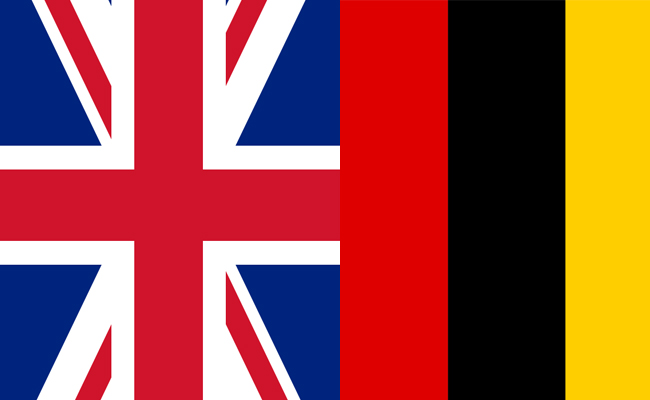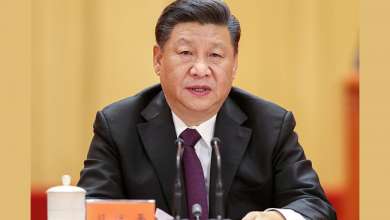UK and German Immigration: A Tale of Two Very Different Laws

wo European countries announced radical overhauls of their immigration rules on Wednesday, but there the similarity ended.
Britain, where concerns about long-term impacts of immigration helped drive the 2016 vote to leave the European Union, billed its stricter regime as “a route to strengthened border security and an end to free movement”.
Germany, however, facing such a shortage of workers that is threatening economic growth, said it was easing immigration rules to attract more foreign job-seekers.
In an interview on BBC Radio 4’s Today programme, the British home secretary, Sajid Javid, stressed that the Conservatives’ 2017 election manifesto had made clear the party’s “commitment to bring net migration down”.
His counterpart in Germany, Horst Seehofer, said: “We need manpower from third countries to safeguard our prosperity and fill our job vacancies.” The economy minister, Peter Altmaier, hailed the new law – keenly awaited by business – as historic.
Britain’s priority appears primarily to be establishing a system of tough controls capable of keeping certain people out. Business has accused the government of putting a political imperative for restriction before the needs of the economy.
In contrast, by introducing looser visa procedures and reducing red tape Germany’s emphasis appears to be on making it easier for certain people to enter and to stay. Some in Angela Merkel’s conservative alliance and in the far-right Alternative für Deutschland (AfD) have said such a move ignores public concerns about immigration.
Read more: Jon Henley, Guardian, https://is.gd/AWod5o





